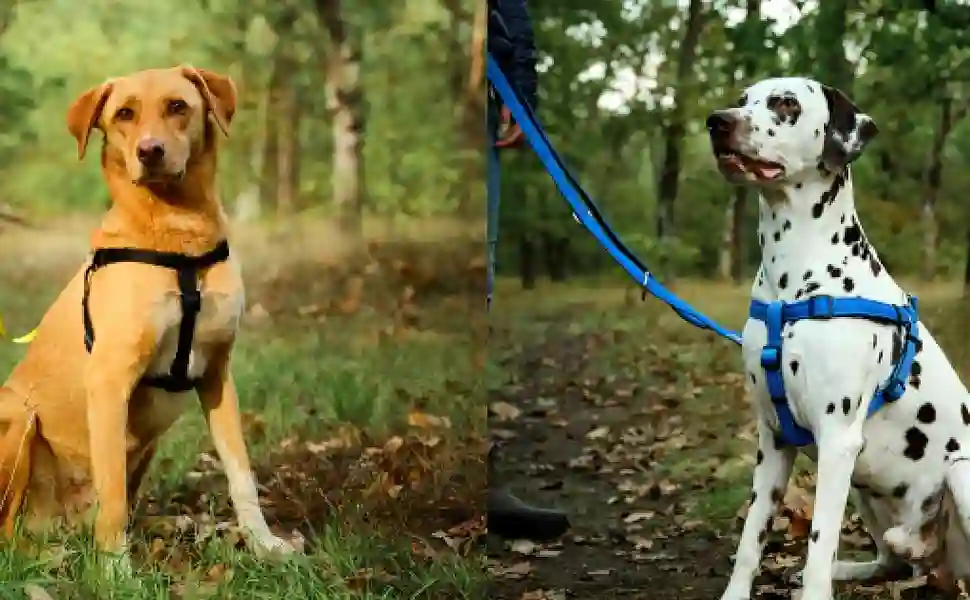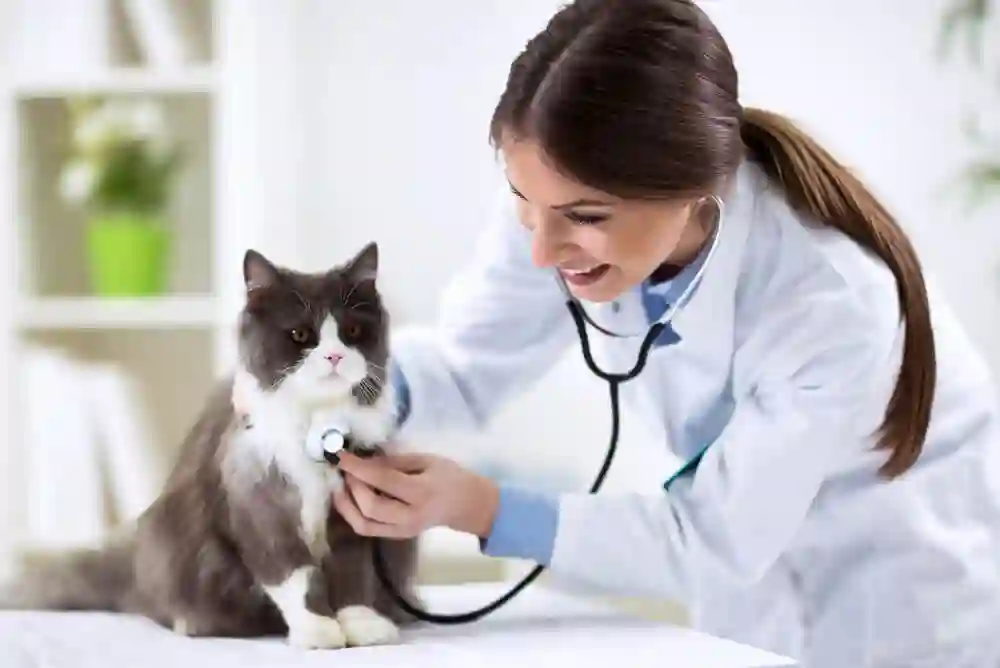
How to Stay Healthy Around Pets and Other Animals
Pets can improve your health by lowering your stress levels through stroking, playing with and caring for them. They also provide a great exercise by going on walks and playtime with you.
However, pets and other animals can also spread germs that can make you sick. Learn about zoonotic diseases and follow these dos and don’ts to stay healthy around pets and other animals.
1. Wash Your Hands
Pets provide many health benefits to their owners. However, they can also carry germs that can make people sick.
Germs that are spread from pets to people are called zoonotic diseases. These diseases can be very serious, especially for young children, older adults and those with weak immune systems.
Washing your hands is a simple way to help protect yourself from these germs.
2. Wash Your Clothing
Pets can be a great source of comfort and happiness. They can also help you feel better physically. Just spending time with a dog or cat can lower your blood pressure and increase the level of serotonin, a mood chemical.
Wash your clothing with a hypoallergenic, pet-safe detergent. To reduce static and pet hair, add dryer sheets or a vinegar rinse to your laundry.
3. Don’t Touch Your Eyes
Many people love and care for their pets, from cats to dogs. Pets provide companionship, entertainment, and years of joy.
Children under 5 years of age, adults over 65 years of age, and those with weak immune systems are at greater risk for illness from sick pets or stray and wild animals. Wash hands thoroughly after touching rodents, reptiles, amphibians and poultry.
4. Don’t Touch Your Mouth
Children should wash their hands after petting or handling animals and anything in the animal’s environment, like cages, beds and food dishes. They should also wash their hands before and after taking medicines.
Stroking or interacting with pets can lower your blood pressure, and boosts oxytocin levels, the “cuddle hormone.” This helps you feel calmer and less stressed.
10 Best Food for Dogs with Skin Allergies: Say Goodbye to Itchy Skin with Expert Top Picks!
Pets can carry germs that cause serious illness in people with weak immune systems. These include Pasteurella and Bartonella henselae, which can cause severe skin and lymph node infections.
5. Don’t Touch Your Eyes
Many people consider pets part of the family. They decrease blood pressure, cholesterol, and triglyceride levels, encourage exercise and playfulness, and can reduce feelings of loneliness.
Young children, elderly individuals and those with weakened immune systems are at higher risk of serious illness from certain pet-related germs such as salmonella. Teach kids to touch animals gently and wash their hands thoroughly after playing with or handling them.
6. Don’t Touch Your Mouth
Many people enjoy the companionship of a pet. However, some animals carry germs that can make people sick.
For example, dogs lick their own anuses and can spread the bacterium that causes campylobacter, which can cause diarrhea that is often bloody and can lead to serious illness in children.
Avoid kissing pets and putting your hands in your mouth after handling them or their cages, food or water dishes. Also, ask others to clean fish tanks and birds’ cages.
7. Don’t Touch Your Eyes
Pets can spread bacteria, viruses, parasites, and fungi that can make people sick. Infants, kids younger than 5, adults over 65, and people with weakened immune systems have a greater chance of getting serious illness from these germs.
Even though small pets may look healthy and clean, their germs can contaminate toys, bedding, habitats, and food. Wash your hands often and thoroughly after touching these animals and their areas.
8. Don’t Touch Your Eyes
Studies have found that pets can reduce stress, anxiety and depression. They can also help with blood pressure, and encourage exercise and play.
Pets and farm animals can carry germs that can make people sick. Children under 5, adults over 65 and those with weakened immune systems are more likely to get sick from these germs.
Wash hands thoroughly after handling pets, their food or waste, and animal supplies. Use hand sanitizer when soap is not available.
9. Don’t Touch Your Eyes
Pets are known to provide a host of physical and mental health benefits. One simple stroke from a cat or dog can quickly relieve stress, while playing with a furry friend can increase the levels of serotonin and cortisol in your body.
Young children who kiss pets, lick them or put their hands and objects in their mouths are at greater risk of getting sick from germs carried by some pet animals. Help them wash their hands thoroughly after touching these kinds of animals, including at petting zoos and open farms.
10. Don’t Touch Your Eyes
People love their pets for lots of reasons. Research suggests there may be some health benefits, too.
Pets can spread germs like salmonella. Children often get these from turtles, baby chicks and ducklings, or fish at petting zoos and fairs. Cats (especially kittens) can spread “cat scratch fever,” a skin infection with gland swelling and a fever. Wash your hands well after handling cats and other animals.





